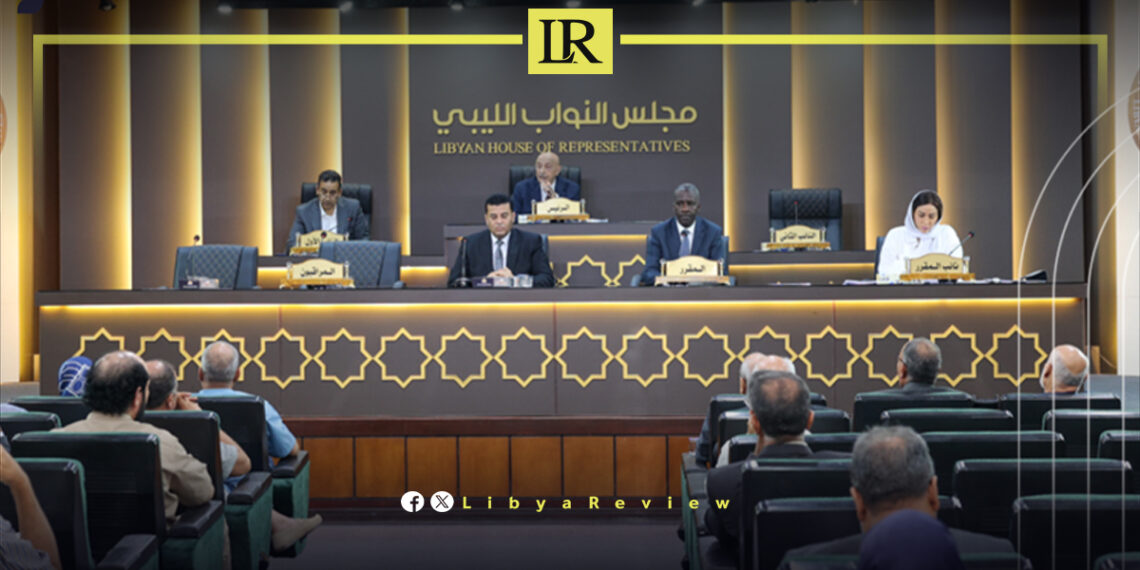The Libyan House of Representatives’ Committee on Economy has issued a warning regarding the worsening economic situation in the country following the Central Bank’s takeover by an administrative committee formed by the Presidential Council.
In a statement addressed to the Deputy Head of the United Nations Mission in Libya, ambassadors of diplomatic missions, and the heads of the International Monetary Fund (IMF) and the World Bank, the committee urged both local and international parties to swiftly restore order in accordance with existing laws and the political agreement. The committee emphasized the need to prevent the state from sliding into a full-blown collapse and financial failure.
The committee criticized the Presidential Council’s decisions, stating that they have exposed the Libyan economy to an imminent collapse, weakened the Libyan dinar, and pushed the country toward a new phase of economic instability. The statement further noted that the imposition of a tax on foreign currency sales stabilized the exchange rate gap at 50%, despite continued pressures on the official exchange rate. However, the takeover of the Central Bank has disrupted this trajectory.
The committee added that the interference in the Central Bank’s affairs has negatively impacted the country’s financial stability, halting efforts toward unification, which the Central Bank had successfully initiated as the first sovereign institution to achieve such progress.
Furthermore, the committee highlighted that the takeover has affected the banking system and financial relations, both domestically and internationally, as it violated the Central Bank’s autonomy and disrupted its operations.
The statement noted that the Libyan dinar’s value has started to decline against foreign currencies due to the halt in foreign currency sales, warning that this would further weaken the currency and bring back previous financial crises.
The committee stressed that the Central Bank’s reputation and the wider Libyan banking sector have suffered severe damage among international financial institutions, jeopardizing years of effort in building partnerships with major global entities. This setback could have significant consequences for the country’s financial sector, especially in the fight against money laundering and terrorism financing, with the risk of Libya being placed on the gray list of non-compliant countries.
The committee also warned that Libya could face high economic risks, similar to those that have affected neighboring Arab countries such as Iraq, Tunisia, Lebanon, and Egypt.
As a solution, the committee recommended restoring the previous Central Bank administration, led by the legitimate governor recognized by the House of Representatives, alongside his two deputies. The committee urged the House of Representatives to reach an agreement with the High Council of State on appointing the remaining members of the Central Bank’s board.
Additionally, the committee called for the immediate resumption of crude oil production and exports, urging that the oil sector be kept away from political conflicts. It emphasized that oil production must continue according to the strategic plans of the National Oil Corporation to ensure a steady flow of foreign currency revenues.
The committee also underlined the need for the formation of a unified government to foster political stability in the country. This, it argued, would help attract both local and international investments and pave the way for a comprehensive economic assessment, leading to a strategic roadmap for economic diversification and reducing the country’s dependence on oil.


